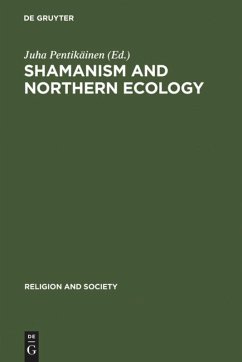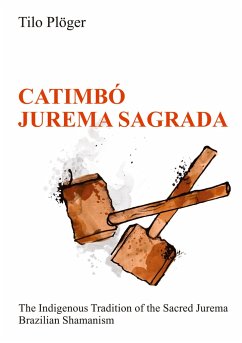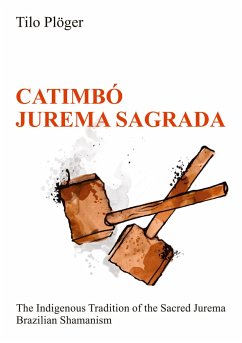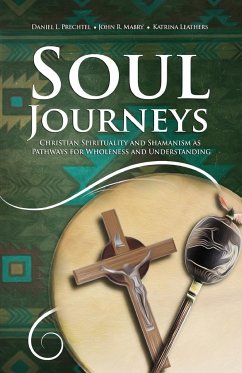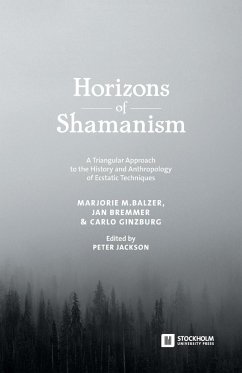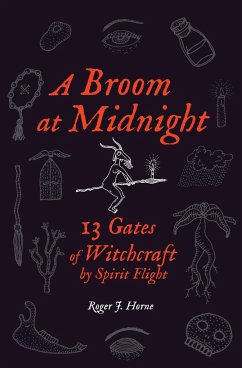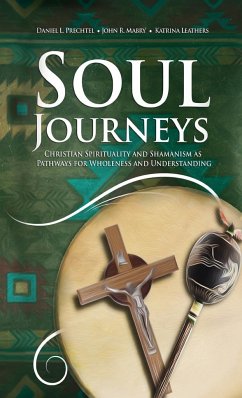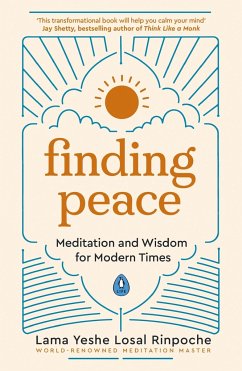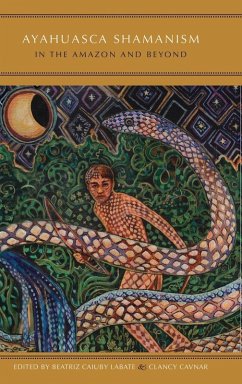
Shamanism
Traditional and Contemporary Approaches to the Mastery of Spirits and Healing

PAYBACK Punkte
65 °P sammeln!
Shamanism has always been of great interest to anthropologists. More recently it has been "discovered" by westerners, especially New Age followers. This book breaks new ground byexamining pristine shamanism in Greenland, among people contacted late by Western missionaries and settlers. On the basis of material only available in Danish, and presented herein English for the first time, the author questions Mircea Eliade's well-known definition of the shaman as the master of ecstasy and suggests that his role has to be seen as that of a master of spirits. The ambivalent nature of the shaman and t...
Shamanism has always been of great interest to anthropologists. More recently it has been "discovered" by westerners, especially New Age followers. This book breaks new ground byexamining pristine shamanism in Greenland, among people contacted late by Western missionaries and settlers. On the basis of material only available in Danish, and presented herein English for the first time, the author questions Mircea Eliade's well-known definition of the shaman as the master of ecstasy and suggests that his role has to be seen as that of a master of spirits. The ambivalent nature of the shaman and the spirit world in the tough Arctic environment is then contrasted with the more benign attitude to shamanism in the New Age movement. After presenting descriptions of their organizations and accounts by participants, the author critically analyses the role of neo-shamanic courses and concludes that it is doubtful to consider what isoffered as shamanism.



